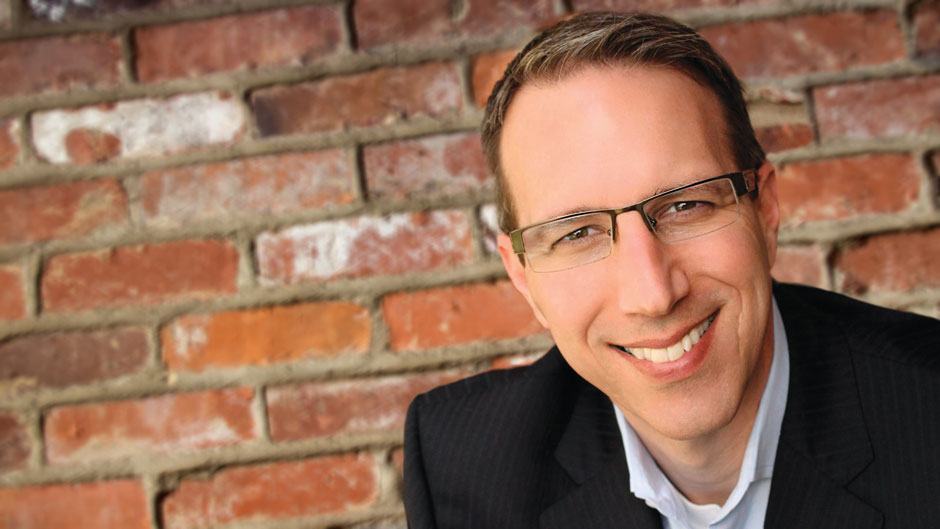“You allowed yourselves to kill innocent people, we will therefore avenge their deaths…We will not let your stupidity kill our liberties and our freedom of expression. We have warned you; expect your destruction”. This declaration was made by Anonymous members immediately after the attacks at the offices of the French satirical magazine, Charlie Hebdò. One could argue that these words do not represent a clear position from the “hacktivist” group (hacker + activist). However, a declaration of war against ISIS was signed by Anonymous’ cell, #francophone, entitled “Never attack the media” on January 2015, outlining the group’s position.
Following events in Paris, Anonymous officially implemented “Operation NoISIS”..Within this framework, attacks have continued without breaks. According to CNN, approximately 800 Twitter accounts, apparently linked to ISIS, were attacked and have been shut down during the last few weeks. ISIS members are massively recruiting people around the world via social media, and due to this phenomenon, Anonymous has also issued a warning to the terror group, detailing plans to erase and expose their extremist affiliates. Their message is clear: “We will hunt you, Take down your sites, Accounts, Emails, and expose you…You will be treated like a virus, and we are the cure”.
How should we interpret Anonymous’ position after its declaration of war against ISIS? Currently, common web users, and some press agencies, are supporting Anonymous’ actions and portraying the group as a sort of celebrity cyber-hero that safeguards democracy and freedom of expression. However, to fully understand Anonymous and to grasp a better understanding of current circumstances, we should try to understand the hacktivist group by examining its past. Some of the group’s calling cards are famous and clearly recognizable: the Guy Fawkes Mask, video posts containing the Anonymous’ Logo (a man with a question mark in place of a head, signifying that could he be anyone; and the U.N. logo located behind the character, portraying an aura of importance on a global scale, in other words, power and anonymity in one symbol). However, what does Anonymous actually represent, how is it organized, and how does it conduct itself? This question does not have an easy answer. To put it simply, Anonymous does not represent a permanent organized structure of hackers and activists who champion freedom and justice, while fighting against lobbies, big companies, governments and - very recently - terrorist organizations.
We should go back to its history in order to understand it better. First of all, we should mention “Operation Chanology” against the Church of Scientology which marked a milestone for the group and was the first important global campaign, taking place in 2008. Furthermore, “Operation Payback”, carried out in 2010, was considered to be a reaction to the verdict in the “Pirate Bay” case, which called for the site to be shut down. Anonymous members launched a DDoS (Distributed Denial of Service) attack on many websites and online security systems (RIAA - Recording Industry Associacion of America, MPAA - Motion Picture Association of America, PayPal, and Visa and MasterCard portals, causing millions of dollars in estimated damages). In 2011, in support of the protests associated with the Arab Spring, Anonymous launched “Operation Tunisia”, as well as a host of other actions targeting the Middle East / North Africa region to support freedom of information and human rights.
Considering these facts all together from a broader perspective, we can observe that Anonymous constitutes a constantly evolving structure with transforming parts. We cannot affirm that the DDoS attackers, for example, represent a permanent and organized structure. On the contrary, Anonymous can be understood as an idea, a way of peer expression from a community containing many little cells around the world. At first glance, it seems that that Anonymous has a public face and a political opinion concerning freedom of information. Other people may call themselves “Anons” or affiliates just because they conduct themselves according to their own agenda. In addition, there is no party, no strict rules, and no pyramidal organization. Just to say that you are a member of Anonymous effectively makes you a member, especially if you are supporting the group’s ethical and social roots. They are not planners. There is no clear membership or consensus, no leadership or responsibilities. As demonstrated by recent events, people involved in specific groups ceased contact and dissolved working cells once an operation was completed.
As a result, rather than trying to analyze Anonymous’ declarations profoundly and attempting to comprehend its underlying role, we can only sustain that Anonymous is continuing to develop, to shift its focus and differentiating its interests in respect of different moments in the contemporary history.
Due to its model composed by dissimilar agendas, divergent tactics, methods and people we should be wary about the role of Anonymous into the digital society. Apart from the suggestive idea of an invisible group of cyber-Robin Hood’, the reality is much more blurred. In any case, one aspect is certain: Anonymous has transformed itself into a fundamental actor in cyberspace.
Marco Mendola
Tech & Law Member
Photo credit: El momento más oscuro es justo antes de amanecer. via photopin (license)

